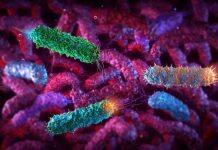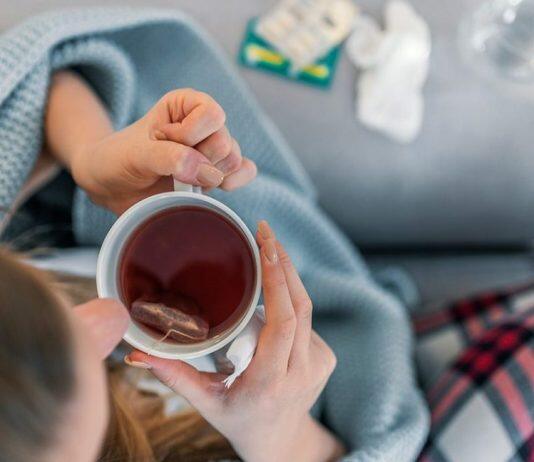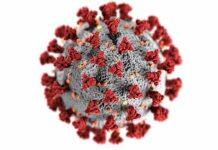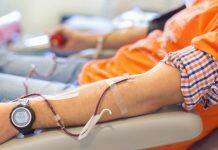Global study presents first results on the longer-term effects of therapies for the treatment...
The world’s largest trial into the effect of multiple interventions for critically ill adults with COVID-19 on longer-term outcomes has released results from the 180-day (six month) follow-up of 4869 critically ill patients.
Highlights from Development Day 2020: The impact of the COVID-19 pandemic in Eastern Europe
After having been relatively mildly affected in the first wave, Eastern Europe is currently in the midst of the second wave of the COVID-19 pandemic with much higher levels of infected and dead compared to the spring.
National antibody study confirms COVID-19 cases higher than reported
New research estimates proportion of the adult population in Australia with evidence of past infection following the Omicron wave.
Smith School of Business and Mitacs launch internship program
Smith School of Business and Mitacs launch internship program to connect students with businesses and not-for-profit organizations during COVID-19.
The future of learning lies in a blended approach
With the approach of B Trimester, the University of Waikato is taking the opportunity to apply the advantages of the Covid-19 lockdown shift to online teaching and learning and revisit traditional ways of delivering lecture content.
A method to assess Covid-19 transmission risks in indoor settings
MIT researchers have developed a publicly available model based on physics and data from past spreading events.
Oxford coronavirus vaccine produces strong immune response in older adults
The ChAdOx1 nCov-2019 coronavirus vaccine, developed by teams at the University of Oxford, has been shown to trigger a robust immune response in healthy adults aged 56-69 and those over 70 years of age.
Genome Canada and McGill to track COVID-19 variants of concern
Genome Canada launched the Canadian VirusSeq Data Portal today to track the evolving COVID-19 pandemic across Canada.
Debate: Experts Responsibility in Media Coverage of the Coronavirus
How critical should journalists be? Can the relationship between expert and journalist become too close? Should the expert always participate?
Life satisfaction plummets among young Aussies during COVID
Young Australians have suffered the greatest drop in life satisfaction during the first two years of the COVID-19 pandemic, new analysis from The Australian National University (ANU) shows.


















































